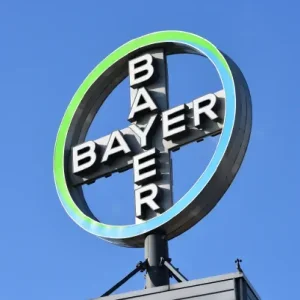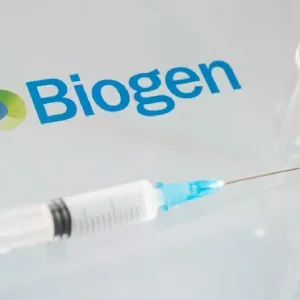
GSK has reported positive results from the MATINEE Phase 3 clinical trial, which assessed the efficacy of Nucala (mepolizumab) in adults with chronic obstructive pulmonary disease (COPD).
Nucala is a monoclonal antibody targeting interleukin-5 (IL-5) in adults suffering from COPD. It was first approved in the US in 2015 for severe asthma with an eosinophilic phenotype.
Last month, the drug was approved in Japan to treat chronic rhinosinusitis with nasal polyps (CRSwNP). It was authorised in the US in 2021 for the same indication.
The MATINEE study involved COPD patients with diverse clinical presentations of chronic bronchitis and/or emphysema who were on optimised inhaled maintenance therapy. Participants were required to have elevated blood eosinophil counts as a marker of type 2 inflammation.
The multi-centre, randomised, placebo-controlled, double-blind, parallel-group study. aims to confirm the benefits of mepolizumab in reducing moderate to severe exacerbations.
It involved 806 COPD participants, who were randomised to receive either mepolizumab or a placebo in addition to their optimised maintenance therapy.
According to the results, MATINEE achieved its primary endpoint.
The study showed that adding Nucala to inhaled maintenance therapy resulted in a statistically significant and clinically meaningful reduction in the annual rate of moderate to severe exacerbations compared to placebo. Patients were treated for up to 104 weeks to observe these effects.
The preliminary safety results align with the established safety profile of Nucala. Further analysis of these data is currently underway.
The complete results of the MATINEE trial will be presented at an upcoming scientific congress and will contribute to ongoing discussions with regulatory authorities.
At present, Nucala is not approved for the treatment of COPD anywhere globally.
The mepolizumab programme for COPD includes three clinical trials. METREX and METREO, the first two studies, were completed in May 2017.
MATINEE was designed to build on the insights gained from METREX and METREO, as well as advancements in IL-5 science.
It aimed to identify patients who might benefit most from Nucala and to support future regulatory submissions and approvals for this indication.






